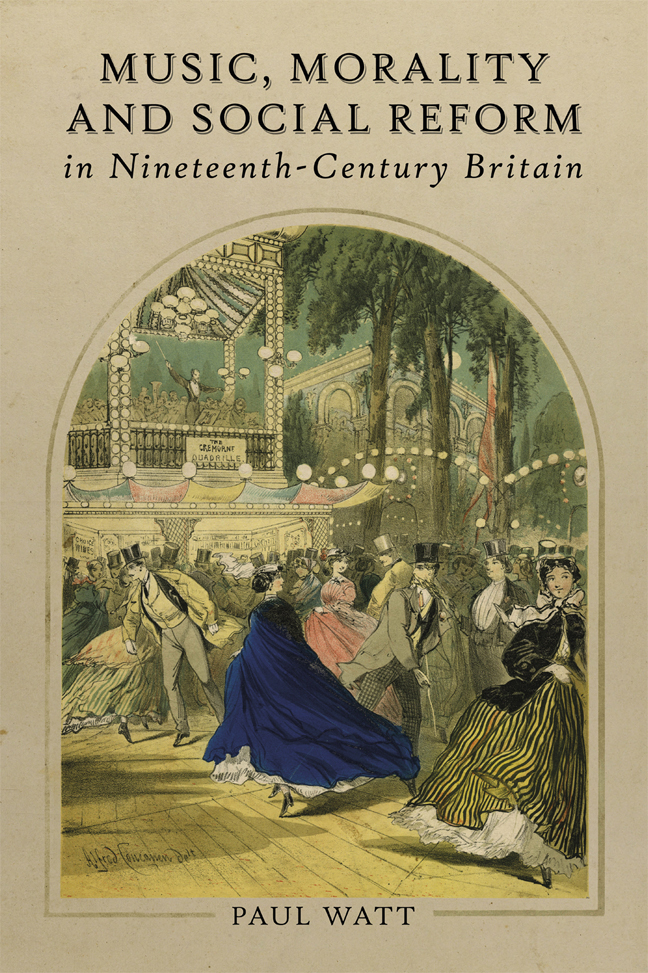4 - Political Economy: William Stanley Jevons
Published online by Cambridge University Press: 21 February 2024
Summary
William Stanley Jevons (1835–1882) is an especially important figure in the history of nineteenth-century morality because through self-instruction he cultivated his own moral sensibility on the one hand and a fashioning of economic and political theory on the other hand, in which personal and social interests overlapped and interconnected. His interests in music, literature, religion, politics and aesthetics played significant parts in the fashioning of his own character and that of the public good in his suggested reforms to the British postal service and the labour market. The way in which Jevons’ worlds so significantly overlapped provides an extraordinary exemplar of how his personal and public interests meshed. This chapter shows how concepts of utility and progress married with narratives of personal morality and the public good. This type of synthesis had, in fact, been part of British life and culture in some ways before the advent of Jevons’ work in music, aesthetics and political and economic theory.
The year 1749 was a watershed in British life and letters, marked by the publication of the first edition of David Hartley's influential book Observations on Man, His Frame, His Duty, and His Expectations. This book, and the hundreds of books and pamphlets like it by other authors that followed in its wake over the next 150 years, attempted to provide a systematic rationale for a morality often tied to economic or political theory. The moral schemes and codes put forward by these writers were usually rules and regulations about how individuals might mould themselves in service to their fellow countrymen, women and children. This vast range of literature was often a combination of moral philosophy and economic and political theory; for example, David Hume's Essays Literary, Moral and Political (1770), Jeremy Bentham's An Introduction to the Principles of Morals and Legislation (1780), William Paley's The Principles of Moral and Political Philosophy (1785), John Stuart Mill's The Principles of Political Economy with their Applications to Social Philosophy (1848), and many more books besides. In addition to his work on political economy, the letters, diaries and essays by W.S. Jevons demonstrate the extent to which music, along with reading and a love of architecture, for example, kindled a sense of personal wellbeing and nurtured a public advocate for social reform.
- Type
- Chapter
- Information
- Music, Morality and Social Reform in Nineteenth-Century Britain , pp. 103 - 129Publisher: Boydell & BrewerPrint publication year: 2023



